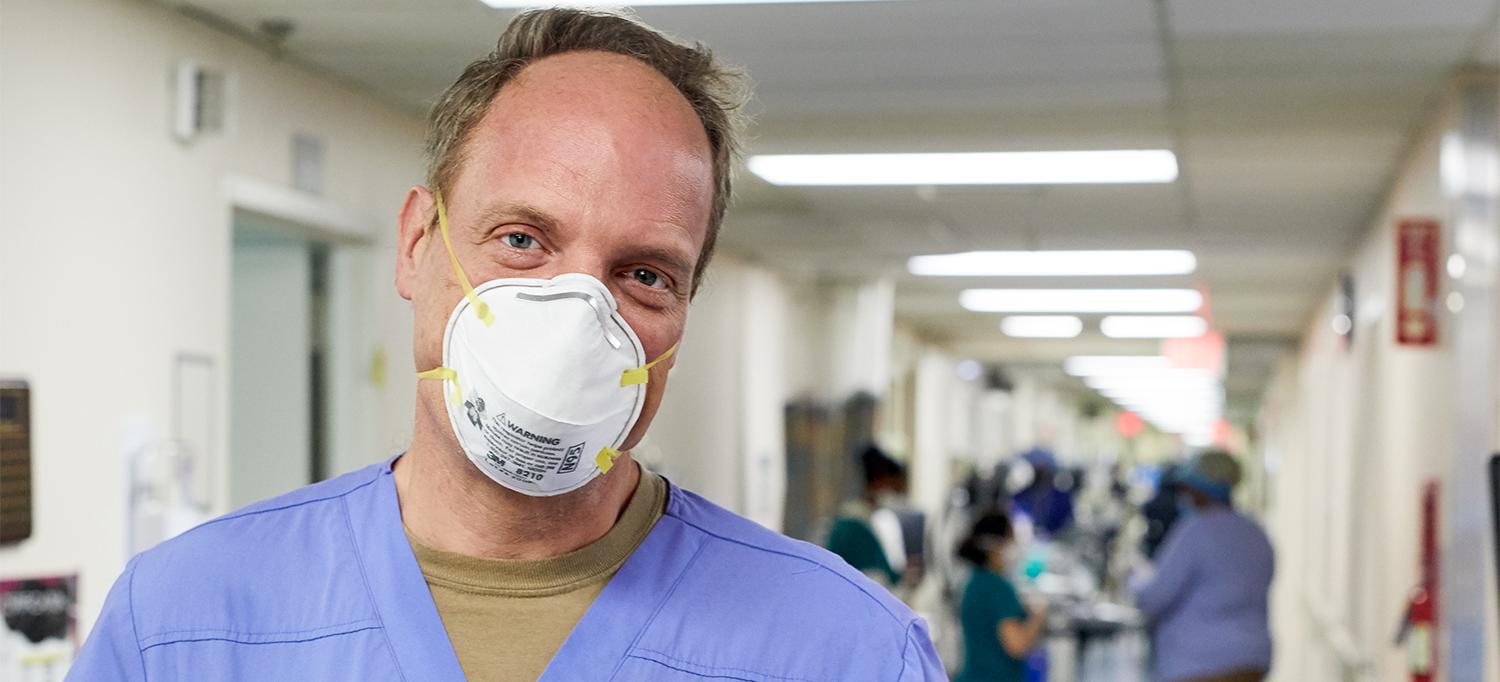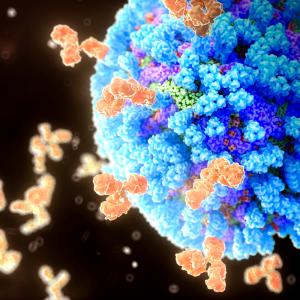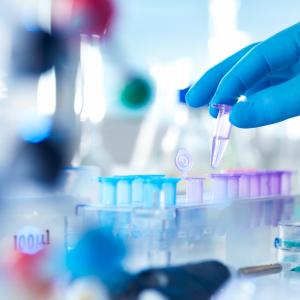
Chief epidemiologist Dr. Michael S. Phillips has been acknowledged for his leadership during COVID-19.
Photo: Jonathan Kozowyk
The 2019 coronavirus disease (COVID-19) pandemic has brought on a unique set of challenges for epidemiologists, who study the spread of infectious diseases across the population. Michael S. Phillips, MD, chief epidemiologist at NYU Langone Health and associate director for clinical services in the Division of Infectious Diseases and Immunology, is no stranger to responding to health crises. During his time at the New York City Department of Health and Mental Hygiene, he monitored injuries and illnesses reported by first responders and others in the aftermath of 9/11.
When facing a threat with so many unknowns, “we can’t wait for the science, we can’t wait for the papers,” Dr. Phillips tells City & State New York. “We had to gather what data we could and enact our measures based on it.”
He and others at NYU Langone began discussing the coronavirus in January, when the outbreak first devastated Wuhan, China. Since the recent decrease in cases, Dr. Phillips and his colleagues have returned to preparing for a second wave.
“You constantly need to be humble and realize that the things that you’re thinking right now might not necessarily be true,” he says. “You have to constantly be willing to reassess your assumptions, and I think we got better at that.”
Read more from City & State New York.

